Local History
What constitutes local history can be a grey area. It includes, the history of your school, the history of the town or village in which you live, and the history of a particular county or region. Local history forms a key element of the history curriculum from Key Stages 1-3 and is a way of making links between the locality and national and international events. The question for many schools is whether to teach a local history unit discretely or whether to incorporate it into another unit. There are a number of things that the teacher of local history needs to have in their toolkit, especially if you, as the teacher, are not particularly familiar with the local context of the school in which you teach. In this section you will find helpful articles, guides and resources to enable you to make local history meaningful.
-

Right up my street: the knowledge needed to plan a local history enquiry
ArticleClick to view -

Riots, railways and a Hampshire hill fort: Exploiting local history for rigorous evidential enquiry
ArticleClick to view -
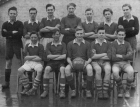
Studying our own school’s archives to promote historical understanding in Year 7
ArticleClick to view -

Teaching History 134: Local Voices
ArticleClick to view -

Telling and suggesting in the Conwy Valley
ArticleClick to view -

Time and Place; Using a Local Historical Site with Key Stage 2 and 3
Multipage ArticleClick to view -

Tough on crime, tough on the causes of crime: using external support, local history and a group project to challenge the most able
ArticleClick to view -

Using databases to explore the real depth in the data
ArticleClick to view -
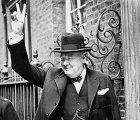
Using family history to provoke rigorous enquiry
ArticleClick to view -

Using oral history to enhance a local history partnership
ArticleClick to view -
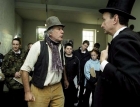
Was the workhouse really so bad? An encounter with a cantekerous tramp
ArticleClick to view -

What do we feel we are?
ArticleClick to view -
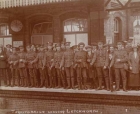
Writing Letchworth's war: developing a sense of the local within historical fiction through primary sources
ArticleClick to view -

Year 7 explore the story of a London street
ArticleClick to view -
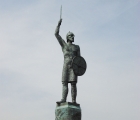
Year 9 face up to historical difference
ArticleClick to view

